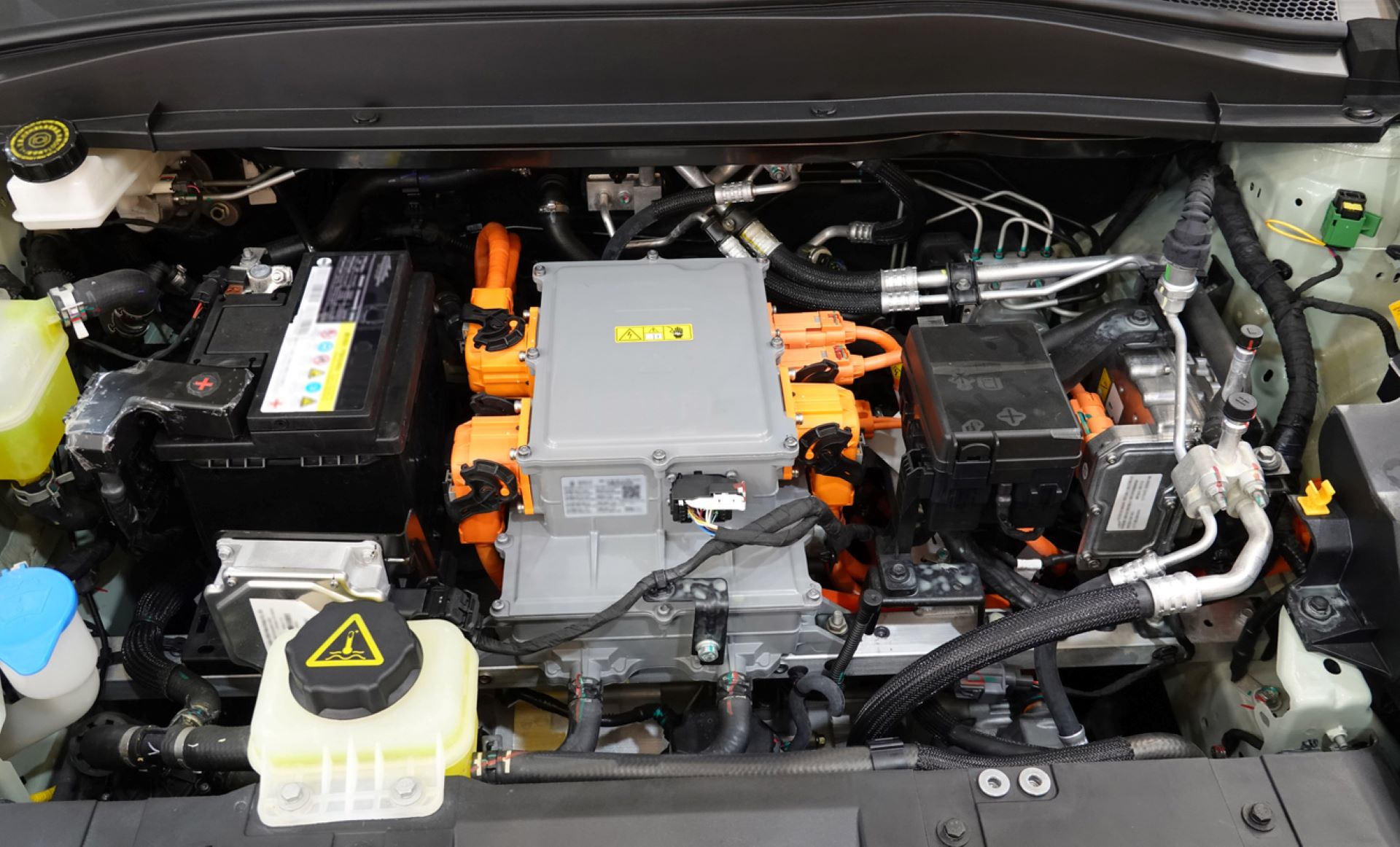1. Not as much as creating a new power source for all that electricity.1. So the lower fuel cost is only applicable for %90 of the times you fill up or more for most folks. And they will. But gas price fluctate as well.
2. 5-6 years? I think that's a bit pessimistic. Early Model S's had issues with packs, the newer ones should last quite a bit longer. Think closer to 10 or 12, if not longer. And pack prices drop as scale occurs.
3. So what are we calling a vehicle lifespan, for the sake of argument? Years, or miles? Using the Honda as the yardstick, looking for ones over 200K on autotrader within a 200 mile radius from here, we only find 165 of all kinds. Once you get old enough, and then used packs from crashed cars get to be an options, as do repaired packs from third party vendors. Nobody buys a motor from GM for a 2020 vehicle. So, if the batteries last 200-300K, are you really gonna ding them after that?
2. Very optomistic on your part with no facts to back up your extended life guess. The 5-6 year amount is based on history, unlike your guesses.
3. Lifespans of ICE cars can easily exceed 20 years. Again, historical facts to back it up. Nothing to back up extended life EVs



